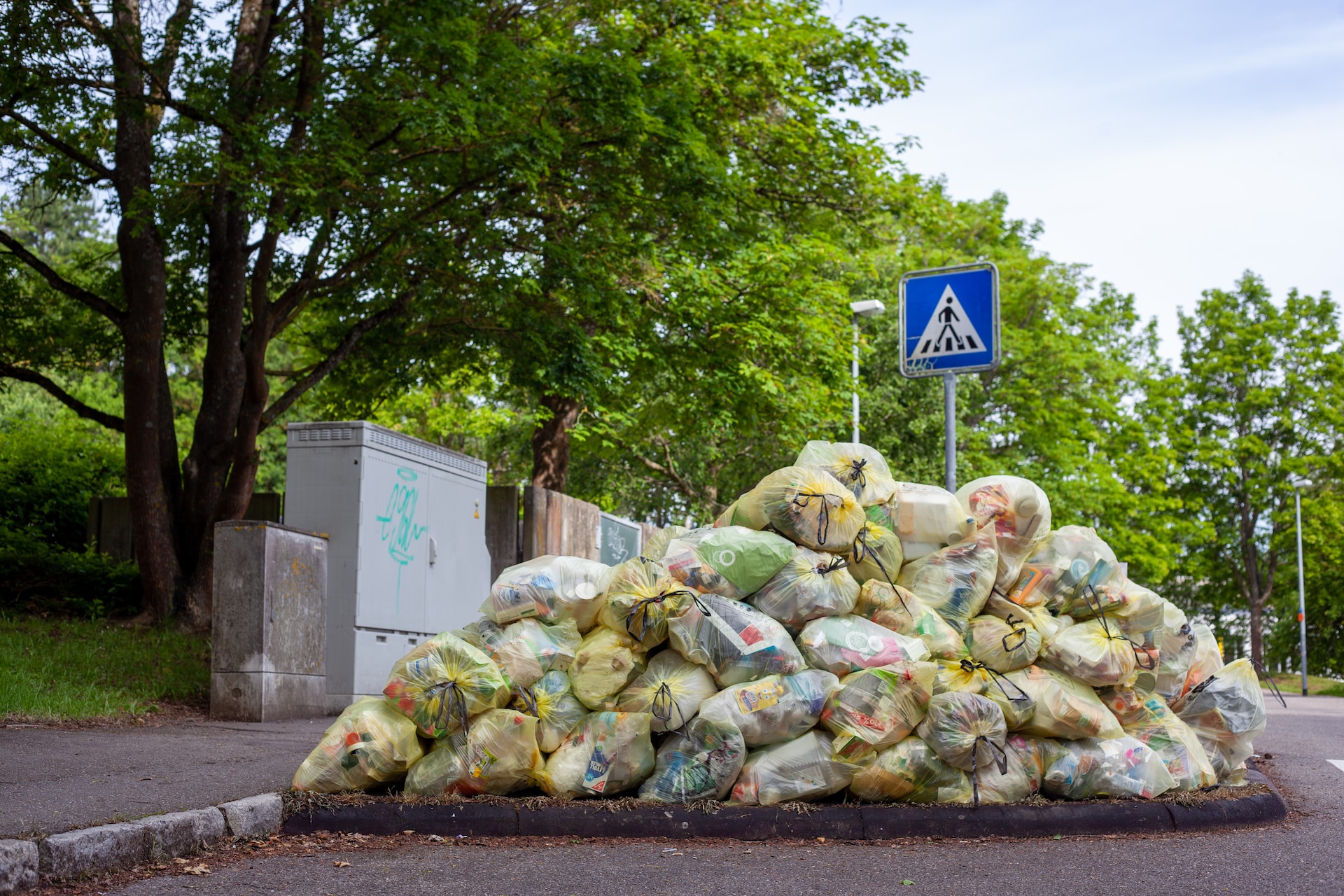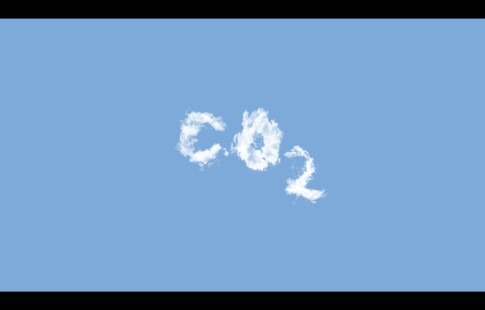
What Everyone Should Know About Hazardous Waste Disposal
We are reader-supported. When you buy through links on our site, we may earn affiliate commission.
It’s time to clean out your garage. What should you do with those old paint cans and that nearly empty bottle of antifreeze? How about that cheap desk you bought and used only months before it broke? If you don’t understand hazardous waste disposal, you might pitch them in the rubbish bin — but doing so is disastrous to human health and the planet.
Many people forget the moral lesson from “Spiderman” — with great power comes great responsibility. Few laws restrict individual consumers from purchasing and using many of the same products as industry. However, they often remain unaware of safe handling rules, including what to do when certain products expire or reach the end of their useful life. Here’s what everyone should know about hazardous waste disposal.
What Is Hazardous Waste?
The EPA defines hazardous waste as trash with dangerous properties capable of harming human health or the environment. From there, the precise meaning gets murky. First, a substance must be considered a “solid” to receive the designation, but that doesn’t necessarily mean you can tap it with your finger — some liquids and gasses qualify as “solids.”
Secondly, the EPA must not exclude the substance from the list. For example, household hazardous waste falls under a separate category. Although the law allows for penalties against individuals who knowingly misuse or improperly dispose of such materials, enforcement is tricky. The responsibility falls on each individual to know what to do and who to contact.
What Common Household Items Require Hazardous Waste Disposal Treatment?
An item is considered household hazardous waste if it is:
- Toxic: Causes sickness or death if ingested.
- Corrosive: Destroys materials.
- Ignitable: May burst into flame.
- Reactive: May cause a chemical reaction, including explosions.
Examples of household hazardous waste include:
- Motor oil
- Household cleaners
- Paints and solvents
- Batteries
- Drain openers
- Pesticides
- Compressed gas tanks, such as propane or oxygen
The Environmental Challenges Hazardous Waste Presents
It’s not hard to see how the substances listed above are harmful to human and planetary health. Add to that the amount produced by industry, and you get an idea of the enormity of the problem. Hazardous waste disposal requires precise measures to avoid hurting people, plants and animals.
Where Does Hazardous Waste Go When You Dispose of It?
Proper hazardous waste disposal results in your garbage going to specialized treatment facilities. These organizations handle hazardous waste in one of three ways, depending on the material type and the available technology:
- Treatment: Some hazardous waste can be safely disposed of by special incinerators or chemical processes that reduce its potential for harm.
- Storage: Temporary storage containers keep these materials until treated or disposed of.
- Disposal: Many hazardous wastes enter landfills, but that doesn’t mean you should simply toss your paint cans in the garbage. Properly disposed hazardous waste goes into specialized buried containers that prevent chemicals from leaking into ground or surface water.
Researchers continue to develop new technology. For example, the biofuel field focuses on how to convert such waste to a usable power source.
What Are the Penalties for the Improper Disposal of Hazardous Waste?
Federal law imposes no penalties for the improper disposal of household hazardous waste. Take a deep breath — the FBI won’t knock on your door if you’ve ever improperly thrown away antifreeze. However, business owners must adhere to strict standards or risk hefty fines and sometimes criminal penalties.
However, state and local law may pickup where federal law stops, so you could still face fines and possible jail time for improper hazardous waste disposal. Furthermore, using the wrong methods increases pollution and furthers climate change, making the environment less habitable for everyone. No one has the right to destroy the planet we share and rely on for life, and your poor choices could make you or your neighbors sick.
What Should Consumers Do When Disposing of Hazardous Waste?
Your first step in disposing of hazardous waste during your spring or fall cleanups is to contact your local waste management facility. They can tell you what items you need to separate and what to do with them. Many municipalities have appointed cleanup days where they do curbside pickups, sparing you the trip to the site.
Contacting your waste disposal company also lets you do a bit of sleuthing. Do you want to know more about what happens to the hazardous waste you dispose of? Ask them the following:
- Where do you take the waste for treatment, storage or disposal?
- Do you provide tracking or have data available regarding your methods and how much you reuse?
- What type of container should I place my household hazardous waste in?
Hazardous Waste Disposal FAQs
You’re not alone if you still have questions about hazardous waste disposal. Here are more FAQs to which you should know the answer:
1. What Are Some Examples of Improper Hazardous Waste Disposal?
Examples of improper hazardous waste disposal include:
- Tossing it in a regular garbage bin
- Placing in a public dumpster
- Pouring it down the drain
- Dumping it in the sewer: This rule includes your RV’s blackwater tank — sorry, cousin Eddie.
2. Are Vapes and E-cigarettes Considered Hazardous Waste?
Yes. The cartridges can contain toxic chemical residue. Lithium batteries can explode when exposed to heat or excessive vibration and have done so on airplanes. Such batteries are among the leading causes of recycling truck fires. Put your used ones aside and contact your waste management facility regarding proper disposal.
3. Is Medical Cannabis Considered Hazardous Waste?
Plant material, such as dried leaves, is not. However, vape cartridges or anything made via chemical solution may qualify as hazardous. Contact your waste disposal company for proper methods.
4. What Are Some Example Careers in Hazardous Waste Management?
Are you seeking a new job? The waste management industry is set to explode as nations and local governments must take swift action to combat climate change. New and improved disposal techniques require trained individuals.
Those looking to get their foot in the door can train as a driver, sorter or equipment operator at a local facility. Inquire about on-the-job training opportunities to win advancement without a huge outlay of money on school.
Those interested in working in research and development must obtain a degree, often in biochemistry, environmental science, waste management or toxicology. Such personnel may work in labs, creating improved waste treatment techniques. It’s a fabulous field for those passionate about protecting the planet and taking concrete steps to address the climate crisis.
5. Where Can I Learn More About Waste Management?
Your local facility is a good place to start. Many have a cache of online resources that teachers and homeschool parents can use to enhance learning among young people — but you’re never too old to discover something new.
Thanks to the magic of the internet, you can also find online learning that’s more affordable than ever. They’re cheaper than universities if you want to satisfy your curiosity, although you can earn credentials that will accelerate your career.
Everyone Should Know These Hazardous Waste Disposal FAQs
Before you tackle your fall garage clean-out, ensure you know what to do about hazardous waste disposal. That old paint can doesn’t belong in your typical garbage can, and it’s not because it makes a splattery mess.
Improper hazardous waste disposal imperils human and planetary life. Learn the facts and do your part to keep the earth clean and green.
Share on
Like what you read? Join other Environment.co readers!
Get the latest updates on our planet by subscribing to the Environment.co newsletter!
About the author
Grace Waters
Always inspired by the natural world around her, Grace grew up exploring tide pools and hiking mountain trails, developing a deep appreciation for biodiversity and conservation. Now, Grace works as the Senior Editor of Environment.co where she covers topics related to emerging clean technologies, zero-waste initiatives, and the intersection of environmental policy and everyday living.





